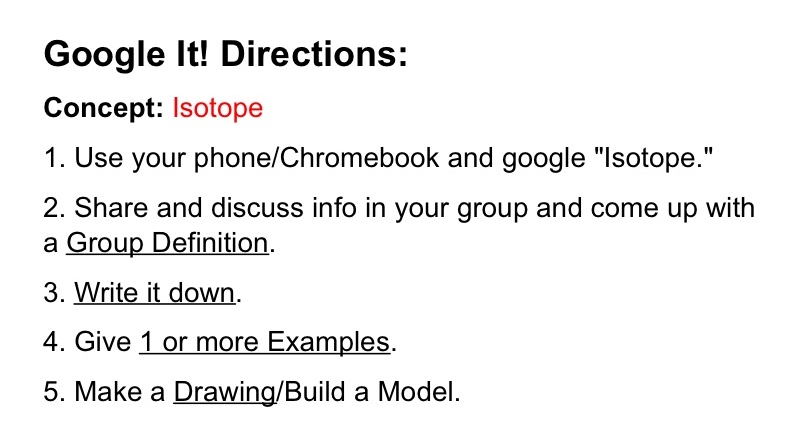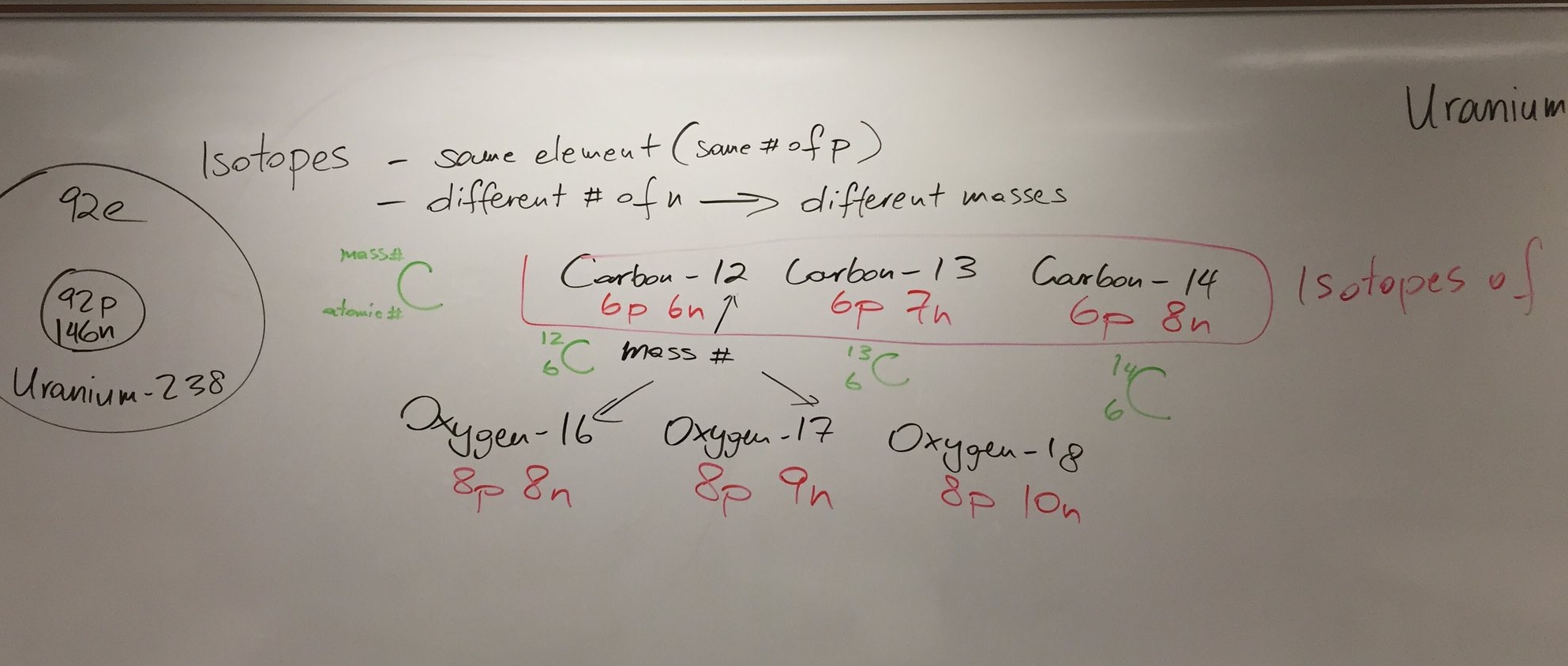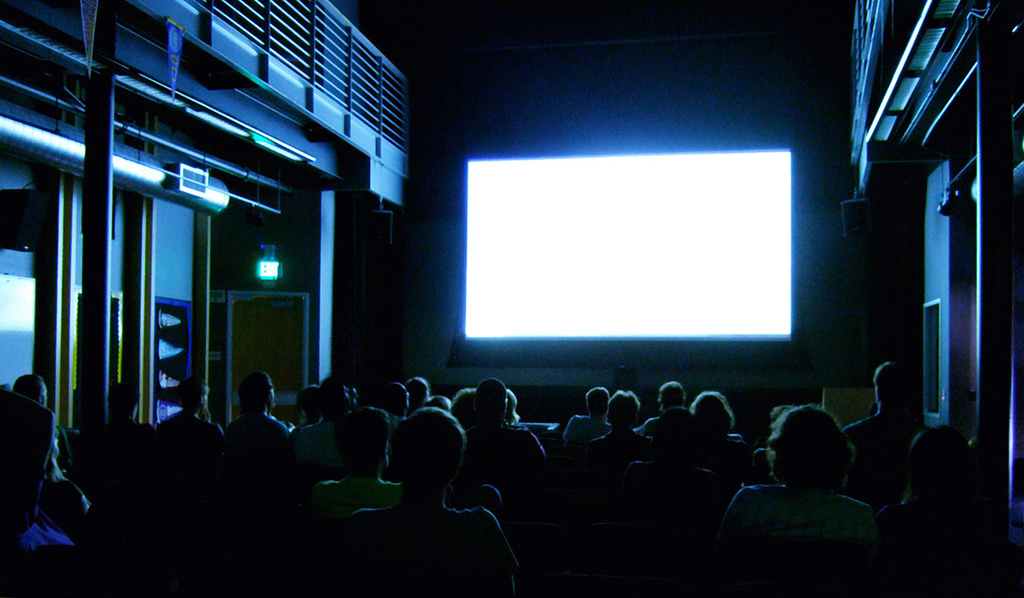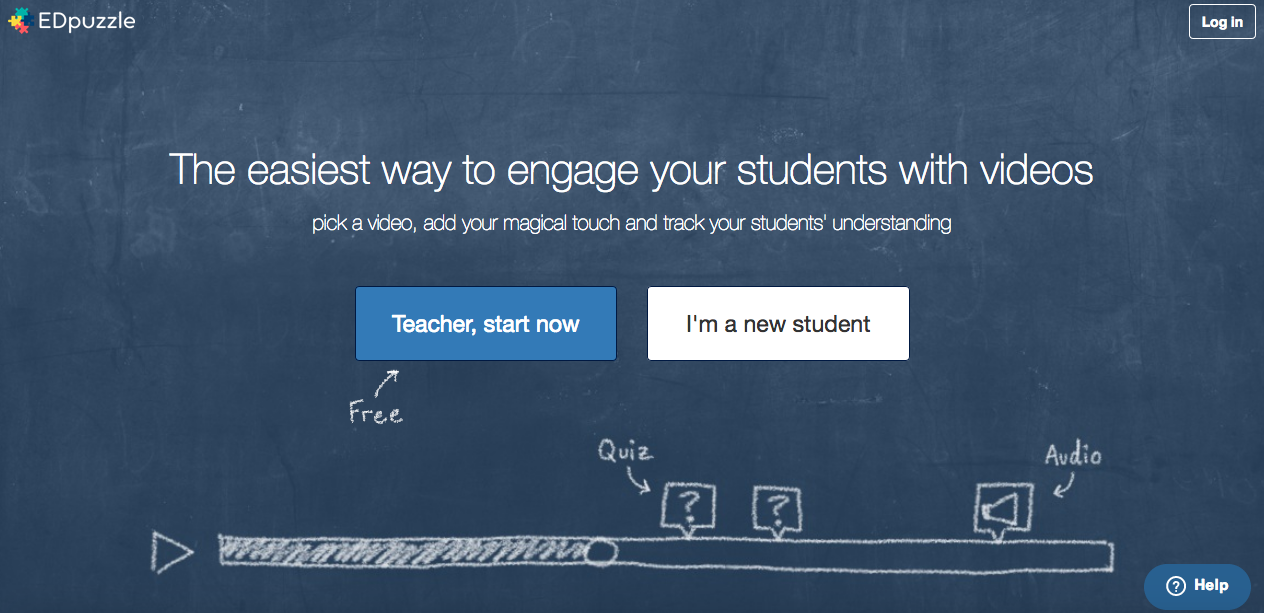Overwhelmed And Overloaded: Welcome To Homework Central
By Oskar Cymerman | @focus2achieve | BAM! Radio Network & Teaching Channel Blogger
Hi everyone,
Today, I want to tell you about a serious concern I have. It all began this morning...
She looked visibly tired entering 1st period this morning, so I asked: How are you Mandy?
Mandy: I'm really tired. I didn't get back home from gymnastics until 7:30 and then I had 50 Pre-calc problems to do. Other homework wasn't too bad, maybe 15 minutes each, but when you have 6 classes... I got done at 11:30 and couldn't fall asleep till like 1:30, so I'm kinda out of it.
All I could say was that I am sorry she had such a stressful evening and night. She replied that she gets a lot of homework in math every night...
Mandy is in my engineering class.
Later, I had my chemistry students reflect on our classroom blog about their school year so far. I asked them to write about how they feel and whether they are stressed or not. Here are a few posts:
Notice a pattern?
Not every student wrote about homework, stress, or being overwhelmed. But, these were the most common and recurring themes and it's only week 2. It's the 8th day of school!
The ironic thing is that had I not started the classroom blog this year, I would have no idea how bad this is.
I engaged one student after reading her post and she told me that her math teacher doesn't always finish the lesson in class, so she has to try to teach herself before she can do the huge homework assigned every night. Even if the teacher does finish, many students do not understand or feel confident they understand the material as there's never time to practice in class.
We have grown accustomed to homework being the holy grail that solves the "practice" dilemma.
Stress, frustration, lack of sleep...
The next day cycle repeats.
Overwhelmed, overloaded, stressed, frustrated, tired, and expected to learn.
And, many students succeed despite these things, which is a flipping miracle considering how detrimental stress, fatigue, and frustration are to the brain operating at it's full capacity.
And no one knows. Hardly any student complains. They suck it up. They power through. This is what high school's supposed to be like, right?
This is the status quo in many American high schools. But who creates it?
We, the teachers, and our inability to let go of the old paradigms, are the source of student stress. We overburden students believing we are doing them a favor. We overwhelm them with information. And then, we promptly overload them with "practice" problems, often without regard for the fact that many of our pupils have not mastered the skills and concepts necessary to "practice."
What we are not doing is seeking to understand. We are not inquiring. We are not considering.
We assume too much. We don't trust enough. And that saddens me.
But the simple truth is that we can change it. We can decide to teach the whole child and pay attention to all of the other things that are not just important, but essential in children's lives.
Standards can wait. We must have the courage to put the standards aside and do what is best for the child.
I'm talking about embracing the development of the teenage mind, body, psyche and spirit here. Helping to reduce the meaningless busy work and stress. Fostering movement and encouraging physical activity. Decreasing the load to increase rest and sleep. Nourishing the individual with understanding and respect for who he is, and not who or what we think he should be. Validating the incredible importance of relationships, family time, and things that feed our spirit.
Whatever the status quo is where we are... We can do better. We must do better.
I am hopeful we will. It's because I know that a great majority of us join the education profession to serve students and not our own devices. We are at our best when we remember this.
We affect lives. This is a fact, not a choice. We can influence change.
We are dreamers. We are believers.
Sometimes, we wear capes. It's time to earn them.
Educators Have The Power To Change The World. Let's Use It Now. Let's Use It Often.
Hey. Thanks for reading! We can get rid of most, if not all homework, and it's not that difficult. All you need is the will and a few drops of creativity. But that's my next post, so Sign Up for my Newsletter and I will drop it in your email inbox as soon as it drops. Till then :)














